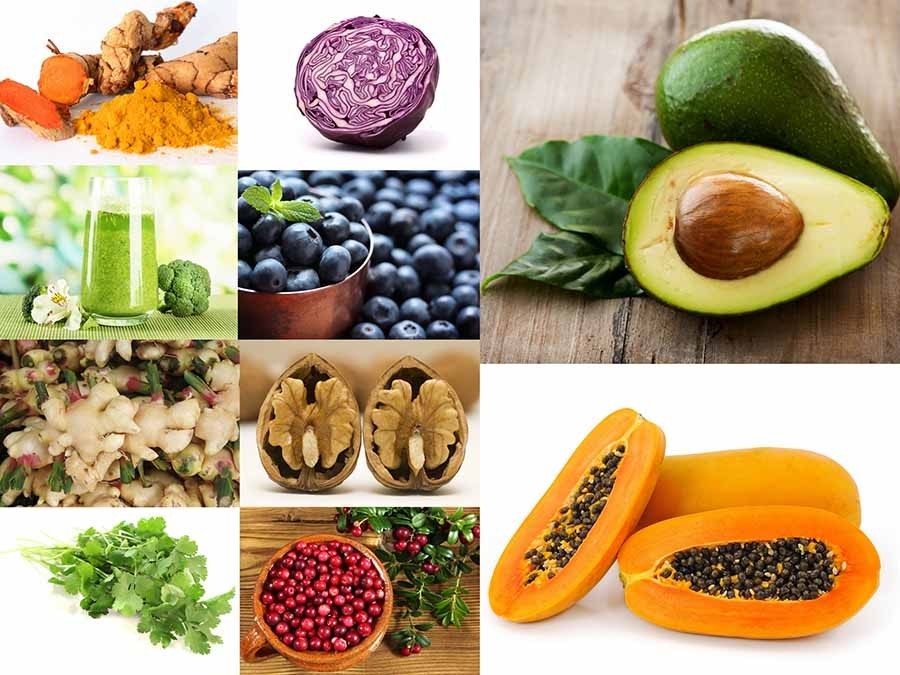Inflammation is a buzzword that gets thrown around a lot, but what is it really? And are there foods that can help decrease it or make it worse? This week’s food for thought aims to answer just that.
Inflammation is your body’s response to something it sees as harmful- such as an injury or toxin or virus. It is your body’s natural way of garnering your immune response to help heal itself. Acute inflammation is beneficial for your body to help it get better, but chronic inflammation can cause harm long term. Chronic inflammation can occur from having an autoimmune disease such as arthritis, untreated acute inflammation such as from an physical injury, or from smoking, obesity, alcohol abuse, or chronic stress. If inflammation goes untreated, it can damage healthy cells, tissues, and organs. Medically, chronic inflammation is often treated with NSAIDS (such as aspirin or Advil), steroids, and sometimes supplements such as fish oil. Always follow your doctor’s recommendations, but studies have shown that some foods have anti-inflammatory properties and can be beneficial in reducing inflammation in the body. Below are some recommendations for foods to include and exclude in your diet to help fight inflammation.
Foods to help decrease inflammation:
- Lots of colorful fruits and vegetables- those deep red, yellow, orange, and green colors mean lots of phytonutrients and antioxidants that help fight inflammation. Add berries to your yogurt or oatmeal in the morning, have kale or another leafy green as the base for your lunch salad, and enjoy a side of roasted bell peppers or carrots with dinner to get an array of colors throughout your day.

- Healthy Fats– include a healthy fat at most every meal, such as avocado, raw nuts and seeds, extra virgin olive oil, and Omega-3 fatty acids (found in salmon, mackerel, and sardines).
- Fiber– fiber is important for keeping you regular, for feeding the healthy bacteria in your gut, and for your body’s overall detoxification process. Add beans or an ancient grain at lunch and dinner, or consider adding ground flax seed or chia seed to your oatmeal in the morning for a fiber boost.
- Spices/herbs– seasonings such as garlic, ginger, and turmeric have anti-inflammatory properties and add great flavor to food with minimal calories.
Foods to avoid:
- Trans or hydrogenated fats– your body has difficulty processing these and can cause inflammation. Usually found in highly processed food and fried foods.
- Refined oils– avoid foods with safflower, corn, and canola oil on the label and avoid cooking with these oils. Most of their heart healthy benefits have been processed out, and are left with high amounts of Omega-6 fatty acids, which is converted to inflammatory arachadonic acid in the body.
- Highly processed carbs and sugar– these foods are digested quickly by the body causing large insulin spikes and inflammation.
- Red meat– try and limit to only 2x/week. Too much, especially if it’s not grass fed, can lead to high levels of inflammatory arachadonic acid.
- Common food allergens– such as dairy, eggs, gluten. If you are allergic or sensitive to any of these foods be mindful that eating them can cause an inflammatory response. If you are not allergic, no reason to avoid.
- Artificial sweeteners and preservatives– these additives provide no nutritional value and can cause an inflammatory response in your body.



